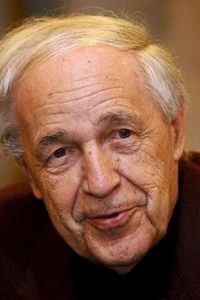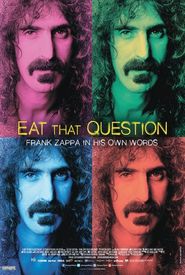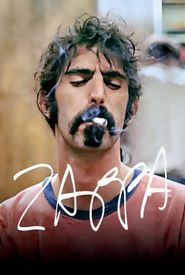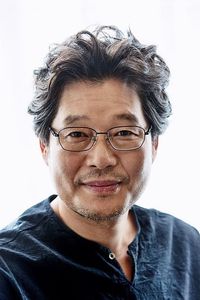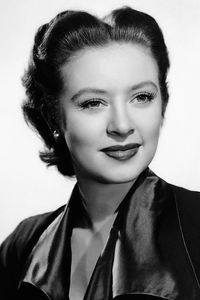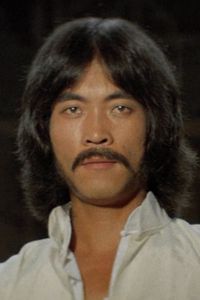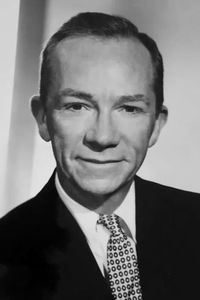Pierre Louis Joseph Boulez, a renowned French composer, conductor, and writer, was a dominant figure in post-war contemporary classical music. Born on March 26, 1925, in Montbrison, France, he was the son of an engineer and began his musical journey at the Conservatoire de Paris under the tutelage of Olivier Messiaen, Andrée Vaurabourg, and René Leibowitz.
Boulez's professional career started in the late 1940s as the music director of the Renaud-Barrault theatre company in Paris. He played a pivotal role in shaping avant-garde music, contributing to the development of integral serialism in the 1950s, controlled chance music in the 1960s, and the electronic transformation of instrumental music in real-time from the 1970s onwards.
Throughout his career, Boulez was known for his uncompromising commitment to modernism, which sometimes led to criticism of being a dogmatist. His body of work, although relatively small due to his tendency to revise earlier compositions, includes landmark pieces such as Le Marteau sans maître, Pli selon pli, and Répons, which are considered significant contributions to twentieth-century music.
As a conductor, Boulez was one of the most prominent figures of his generation, with a career spanning over sixty years. He held positions as music director of the New York Philharmonic, chief conductor of the BBC Symphony Orchestra, and principal guest conductor of the Chicago Symphony Orchestra and the Cleveland Orchestra. He made numerous appearances with other orchestras, including the Vienna Philharmonic and the Berlin Philharmonic, showcasing his expertise in the music of Debussy, Ravel, Stravinsky, Bartók, and the Second Viennese School, as well as that of his contemporaries, such as Ligeti, Berio, and Carter.
Boulez's work in the opera house included the production of Wagner's Ring cycle for the centenary of the Bayreuth Festival and the world premiere of the three-act version of Berg's opera Lulu. His recorded legacy is extensive, reflecting his dedication to preserving and promoting classical music.
In addition to his conducting and composing work, Boulez founded several musical institutions, including the Domaine musical in the 1950s to promote new music, the Institut de Recherche et Coordination Acoustique / Musique (IRCAM) in the 1970s to foster research and innovation in music, and the Ensemble intercontemporain, a chamber orchestra specializing in contemporary music. He also co-founded the Cité de la musique, a concert hall, museum, and library dedicated to music in the Parc de la Villette in Paris, and the Lucerne Festival Academy, an international orchestra of young musicians, with which he premiered many new works.
Throughout his life, Boulez remained a leading figure in the classical music world, leaving behind a lasting legacy that continues to inspire and influence musicians and music enthusiasts alike.
